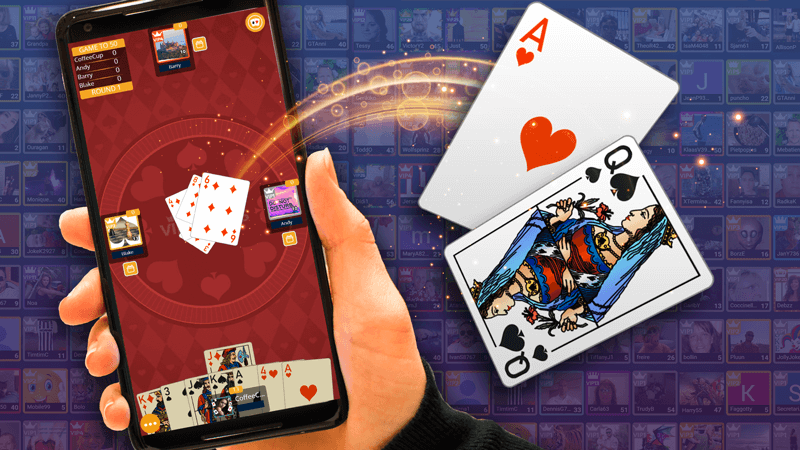Online gaming has transformed from a niche hobby into a global phenomenon, captivating millions of players around the world. With advancements in technology, the internet, and gaming platforms, online games have evolved significantly since their inception, offering immersive experiences that transcend geographical boundaries. This article delves into the evolution of online games Megaxwin, their impact on society, and the future of this dynamic industry.
The Origins of Online Gaming
The roots of online gaming can be traced back to the early 1970s, with the introduction of ARPANET, the precursor to the internet. One of the first online games, “MUD” (Multi-User Dungeon), emerged in 1978, allowing players to explore virtual worlds, interact with others, and engage in text-based adventures. As internet access expanded in the 1990s, so did the popularity of online multiplayer games. Titles like “Ultima Online” and “EverQuest” set the stage for massively multiplayer online games (MMOs), offering expansive worlds and social interactions among players.
The Rise of Massively Multiplayer Online Games (MMOs)
The late 1990s and early 2000s marked the golden age of MMOs. Games like “World of Warcraft,” released in 2004, redefined online gaming, attracting millions of subscribers. Players immersed themselves in rich lore, formed alliances, and engaged in epic quests. The social aspect of these games became a significant draw, fostering communities that transcended geographical boundaries. Players developed friendships, organized events, and even participated in competitive tournaments, leading to the rise of eSports.
The Mobile Gaming Revolution
With the advent of smartphones and tablets, mobile gaming revolutionized the online gaming landscape. Titles like “Candy Crush Saga” and “Clash of Clans” brought gaming to the palms of players, allowing for casual play anywhere, anytime. The freemium model, where games are free to play but offer in-game purchases, became a dominant business strategy, enabling developers to reach wider audiences. The convenience of mobile gaming has also led to a surge in social gaming, with many games incorporating social features that encourage players to connect with friends.
Online Games as a Social Platform
Online games are no longer just about competition; they have evolved into social platforms that foster communication and collaboration. Many games feature voice chat, text messaging, and video streaming options, allowing players to interact in real-time. Social media integration has also become common, enabling players to share their gaming experiences and achievements. This social aspect has been particularly important during the COVID-19 pandemic, as online gaming provided a means for individuals to connect with friends and family while physically apart.
The Impact of Online Gaming on Society
The influence of online gaming extends beyond entertainment. It has become a cultural phenomenon, shaping trends in art, music, and storytelling. Additionally, online games have been used for educational purposes, with many developers creating games that teach skills such as problem-solving, teamwork, and critical thinking. For instance, games like “Minecraft” have been embraced in educational settings, encouraging creativity and collaboration among students.
However, online gaming is not without its challenges. Concerns over addiction, toxic behavior, and online harassment have prompted discussions about player safety and mental health. Developers and platforms are increasingly focusing on creating healthier gaming environments through moderation tools, player education, and community guidelines.
The Future of Online Gaming
As technology continues to advance, the future of online gaming looks promising. Virtual reality (VR) and augmented reality (AR) are set to revolutionize the gaming experience, providing players with immersive worlds that blur the lines between reality and fantasy. Cloud gaming is also gaining traction, allowing players to access high-quality games on any device without the need for powerful hardware.
